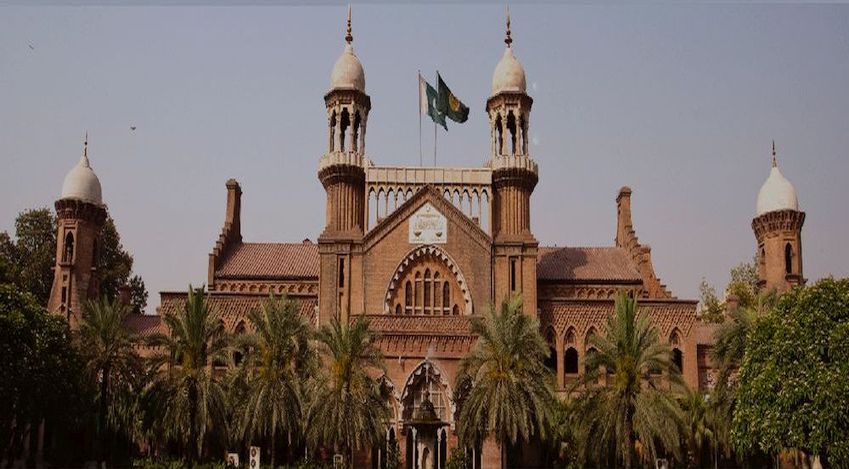Lahore High Court highlights Severe Lapses in Shelter Homes, Calls for Comprehensive Reforms
Islamabad 21-11-2024: In a landmark judgment addressing widespread allegations of abuse and administrative failures in Punjab’s shelter homes and Protection Centres, the Lahore High Court has directed the provincial government to implement sweeping reforms. The judgment, authored by Mr. Justice Tariq Saleem Sheikh, focuses on safeguarding the fundamental rights of women and children residing in these facilities, emphasizing the need for robust oversight and regulatory frameworks.
The case stems from multiple writ petitions, including the fallout of the infamous Kashana scandal, where allegations of sexual abuse and forced marriages in shelter homes managed by the Punjab Social Welfare Department sparked public outrage. The petitions also sought clarity on the legislative framework governing these facilities and measures to protect vulnerable residents.
The Court addressed critical questions of law, including:
- The legislative basis for establishing and managing shelter homes and Protection Centres in Punjab.
- Government oversight and regulation of both public and private shelter facilities.
- Implementation of the Punjab Protection of Women Against Violence Act, 2016 and related laws.
- Mechanisms to prevent forced marriages and other rights violations.
Findings of the Court
- The right to shelter is an integral part of the right to life and dignity under Articles 9 and 14 of the Constitution.
- The Court invoked the doctrine of parens patriae, emphasizing the State’s responsibility to protect vulnerable populations, including women and children.
- Pakistan’s obligations under conventions like the CEDAW and UNCRC were highlighted, with the Court noting significant gaps in their domestic implementation.
- The judgment condemned forced marriages in shelter homes, declaring them a violation of fundamental rights and a criminal offense under Section 498B of the Pakistan Penal Code.
- The Court criticized the lack of clear legislative authority and monitoring mechanisms for shelter homes. Existing SOPs were deemed inadequate, with only one Protection Centre established under the Punjab Women Protection Authority Act, 2017.
- The judgment stressed the need for regulating private shelters like SOS and Edhi Homes to ensure accountability.
The Court issued several directives to the Punjab government:
- Establish District Women Protection Committees in all districts to monitor shelter homes.
- Develop and implement comprehensive SOPs for shelter homes and Protection Centres.
- Ensure that marriages of residents are conducted with explicit written consent and under strict oversight.
- Align provincial laws with Pakistan’s international obligations under the CEDAW and UNCRC.
- Regulate private shelter homes through proper legislation.
The Court highlighted glaring implementation failures in laws like the Punjab Protection of Women Against Violence Act, 2016, noting that only one toll-free helpline and one Protection Centre (in Multan) had been established since its enactment.
The Punjab government has been directed to report on its compliance with the judgment, including the establishment of new oversight mechanisms and the implementation of existing laws. Legal experts believe this judgment could pave the way for significant reforms in the administration of social welfare institutions in Pakistan.
Powered by Froala Editor








